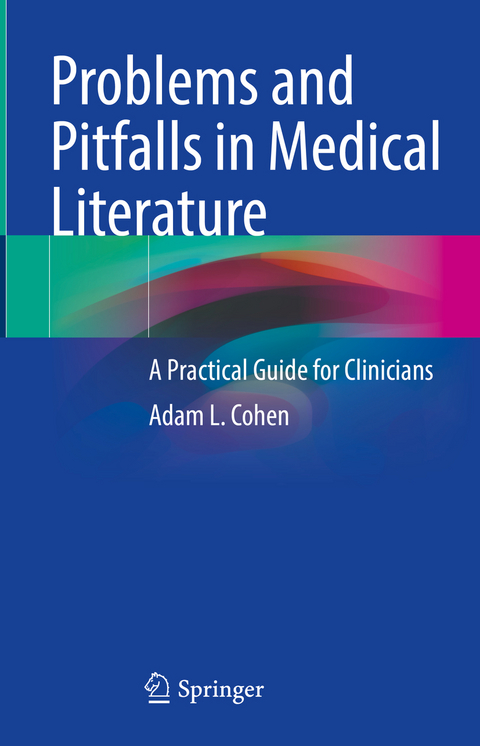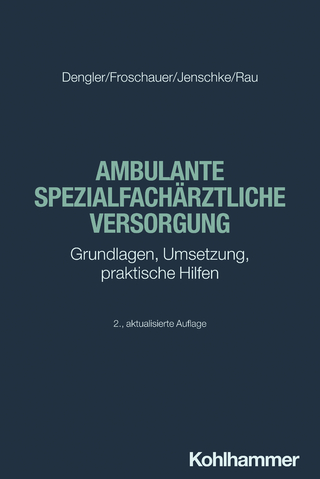
Problems and Pitfalls in Medical Literature
Springer International Publishing (Verlag)
978-3-031-40294-4 (ISBN)
This book aims to teach the skills for assessing the quality of a medical article. It focuses on problems and pitfalls that may interfere with the validity of an article so that readers know what problems to look for and how to tell if an article has successfully addressed them. It focuses on concepts rather than formulas. In each chapter, one article will be analyzed to illustrate a particular concept, demonstrating when to look for that pitfall, how to recognize it, what effect it would have on results, and how to tell if an author has successfully mitigated the pitfall.
Written with clarity and precision, this invaluable resource ensures that readers develop a deep understanding of the critical elements that underpin the quality of medical literature. Each chapter presents a specific concept and employs a practical approach, utilizing the analysis of a real-world medical article to illustrate the concept in action. By dissecting the research, readers learn to identify common pitfalls, recognize their influence on the results, and determine whether the author has effectively addressed them.
By exploring topics such as research methodology, bias detection, and result interpretation, Problems and Pitfalls in Medical Literature empowers readers to go beyond a superficial understanding of articles and critically evaluate their reliability and relevance.
Adam L. Cohen, MD, MSInova Schar Cancer Institute8081 Innovation WayFairfax, VA 22031Adam.cohen@inova.orgW: 571-472-1050C: 602-334-3661
Adam Cohen is the director of neuro-oncology at Inova Schar Cancer institute and an associate professor of medical education at University of Virginia Pinn Campus. He has degrees from Harvard and University of Chicago in mathematics and a medical degree from Harvard Medical School. He is a board certified physician in internal medicine, medical oncology, and neuro-oncology. He was the director for the Evidence Based Medicine Curriculum for the Huntsman Cancer Institute medical oncology fellowship, where he spent 10 years teaching trainees on reviewing medical literature and was awarded the best teacher award in 2019.
Section 1: Biases.- Lead Time Bias.- Length Time Bias.- Immortal Time Bias.- Selection bias.- Ascertainment bias.- Publication bias.- Berkson's Bias.- Section 2 Time effects.- Hawthorne Effect.- Will Rogers Phenomenon.- Section 3 Confounding.- Confounding by Severity.- Simpson's paradox.- Section 4 Misuse of tests.- Multiple comparisons.- Validation.- Proportional hazard violation.-Changing endpoints.- Section 5 Power.- Underpowering.- Overpowering.- Conclusion.
| Erscheinungsdatum | 29.09.2023 |
|---|---|
| Zusatzinfo | VIII, 80 p. |
| Verlagsort | Cham |
| Sprache | englisch |
| Maße | 155 x 235 mm |
| Gewicht | 293 g |
| Themenwelt | Medizin / Pharmazie ► Gesundheitswesen |
| Medizin / Pharmazie ► Medizinische Fachgebiete | |
| Schlagworte | Berkson's Bias • Berkson’s Bias • Data Interpretation • Evidence Based Medicine • medical bias • Medical literature • Medical Statistics • Simpson's paradox • Simpson’s paradox |
| ISBN-10 | 3-031-40294-4 / 3031402944 |
| ISBN-13 | 978-3-031-40294-4 / 9783031402944 |
| Zustand | Neuware |
| Haben Sie eine Frage zum Produkt? |
aus dem Bereich


